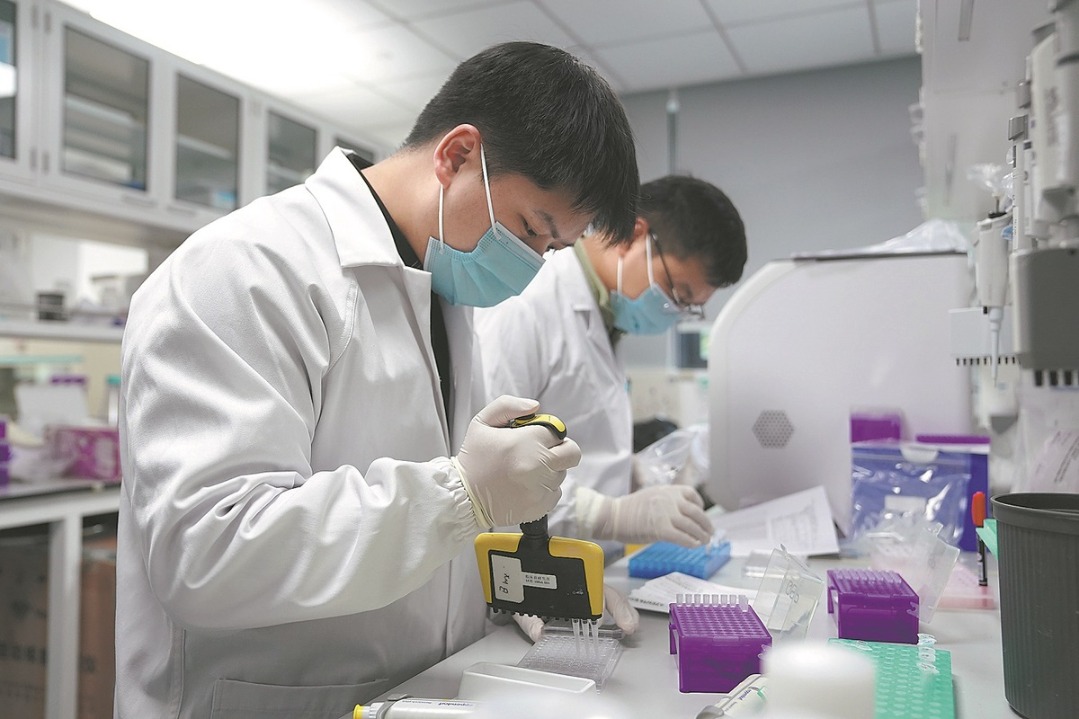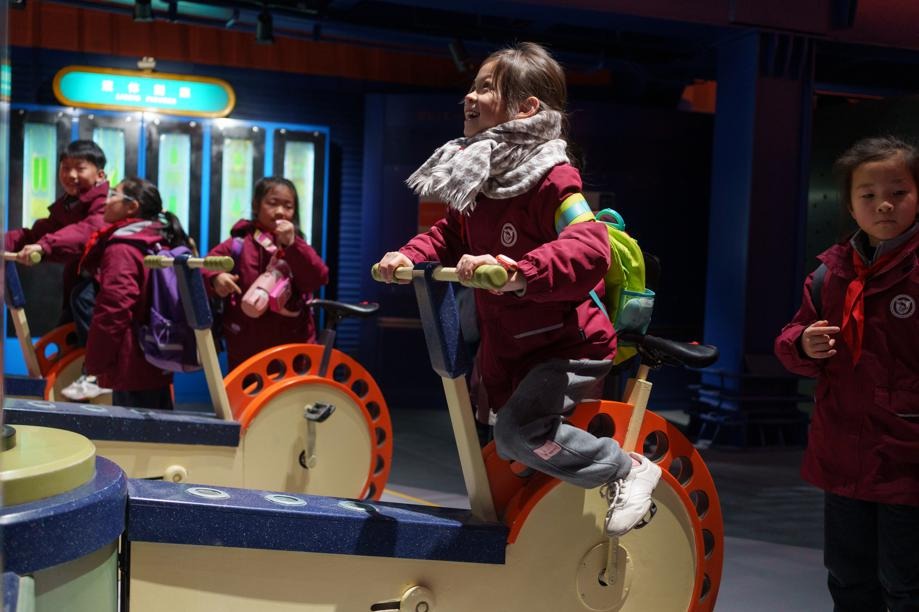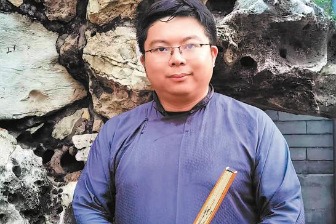Programs help those who live to help others


Yang Lina, head nurse in the ear, nose and throat department at the Shanghai Sixth People's Hospital East Area, has found the lectures helpful because her work often involves resolving conflicts and misunderstandings between medical staff and patients.
"I cannot afford to oppose patients if they come to complain. My efforts to avoid emotional confrontation help to solve problems more peacefully," the 35-year-old said, adding that misunderstandings usually occur because the medical staff and patients are talking at cross purposes.
"Medical workers stick to the language of the scientific world to reduce emotional subjectivity in each patient's case, but the patients are only used to the language used in daily life. We always encourage our staff members to show more empathy and use language the patients will understand," she said.
Su, from Huashan Hospital, said most patients are not aware that before they announce the results of a health check or discuss treatment plans, the doctors decide what they will say, either to avoid misunderstandings or to soften bad news.
"They consider a range of factors, including the patient's educational background, family situation and financial status, when deciding how to convey a message and promote warmer feelings," he said.
Ye Mao, deputy Party secretary and chairman of the trade union at the Shanghai Sixth People's Hospital East Area, has noticed a number of changes in recent years. He said staff members have developed an understanding and trust of the program, and know they can find a source of support when they are faced with personal problems or work pressures.
"Moreover, in each department at least one team member acts as a 'love ambassador'. They are equipped with the basic knowledge to help colleagues who are experiencing problems, and to identify those with potential psychological difficulties," he said.
Pressure
Sun Ping, chairwoman of the workers' union at Shanghai Renji Hospital, said a survey conducted earlier this year discovered that 36 percent of the 648 doctors and nurses who responded harbored feelings of anxiety and 28 percent felt depressed.
- China, Philippines to keep talks open on maritime affairs
- AI governance tops China’s 2025 technology buzzwords list
- China-Swiss exhibition on green construction opens
- China says navy, coast guard are peace guardians
- Hunan scholar donates 104 artifacts documenting Japanese aggression
- Beijing approves first foundational and comprehensive regulation on elderly care





































